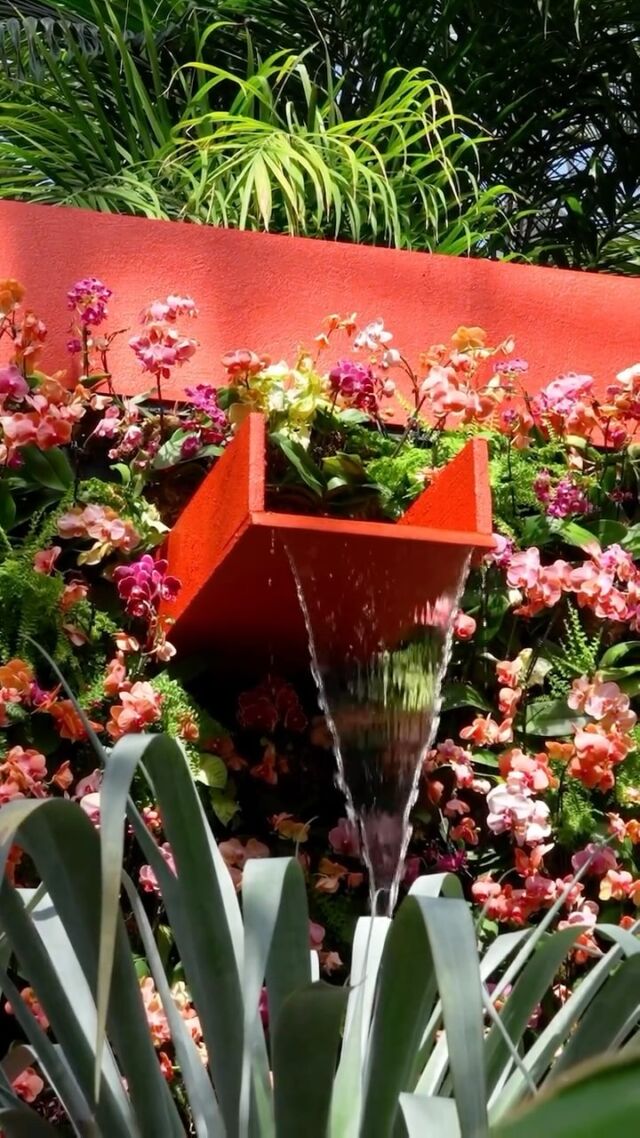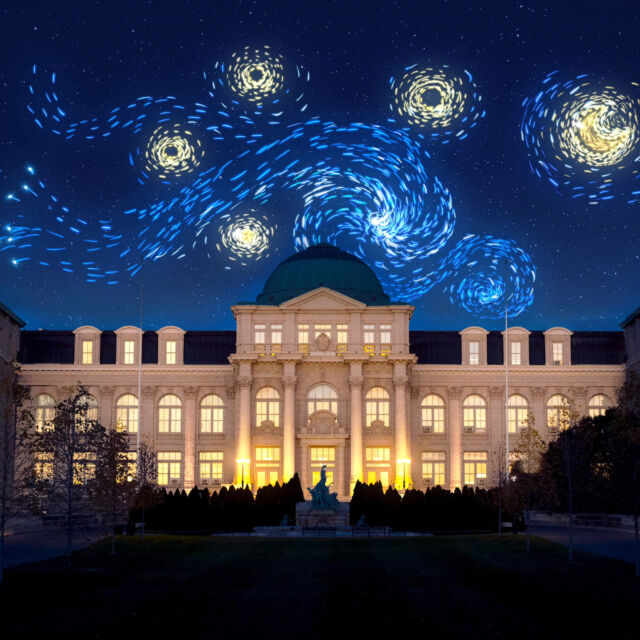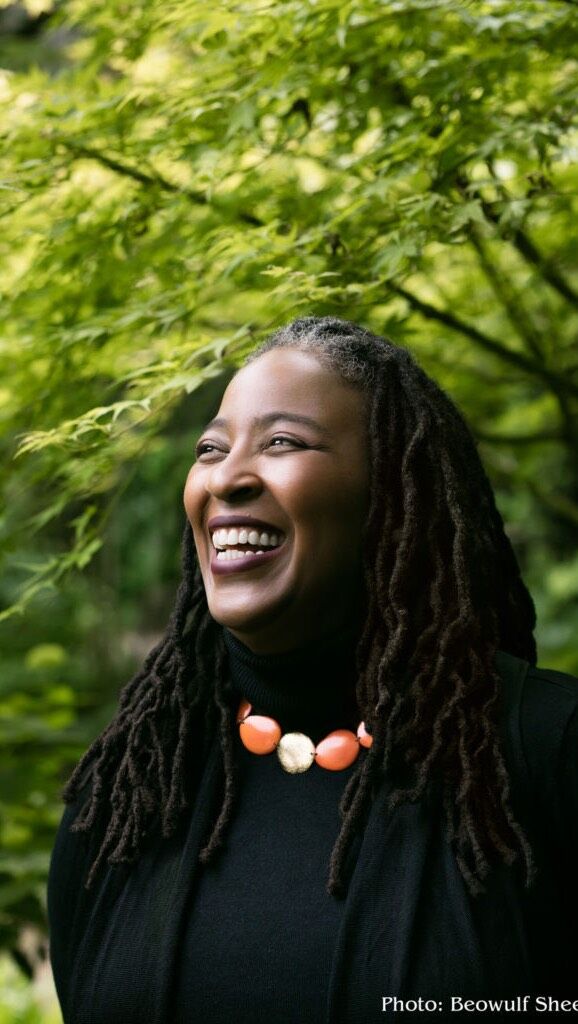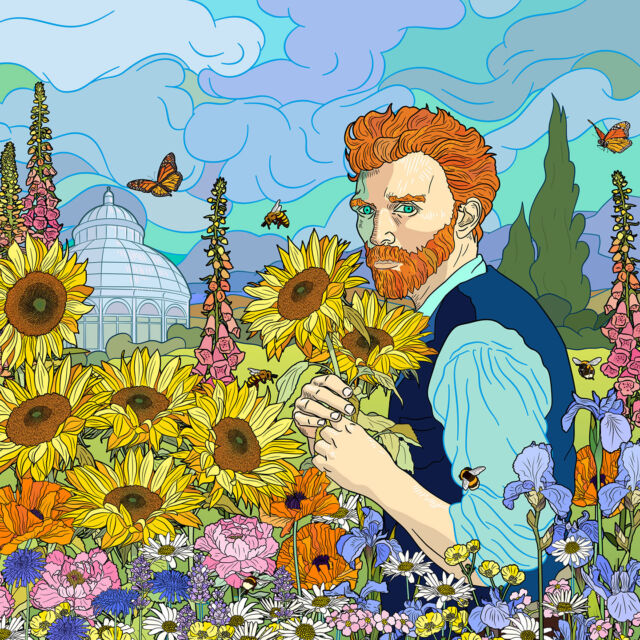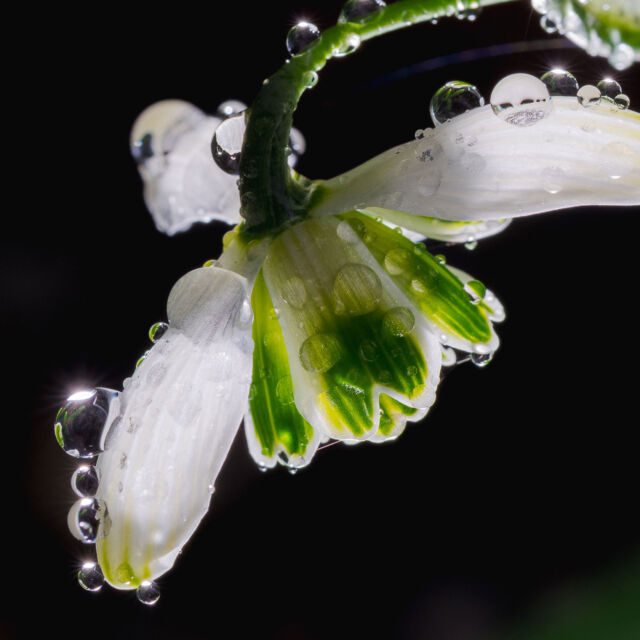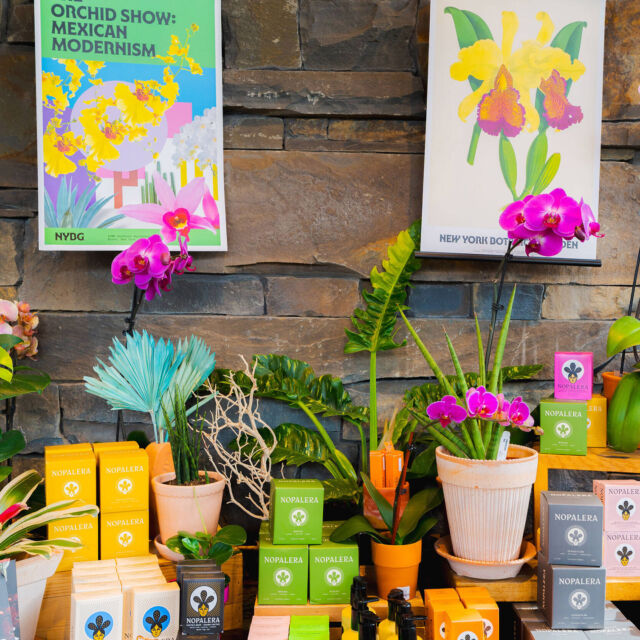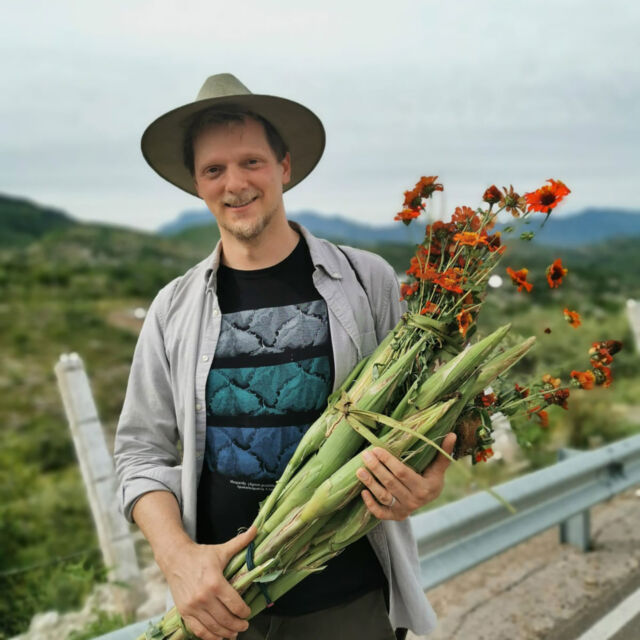COP28: Science Has Never Been More Important
Mauricio Diazgranados, Ph.D., is the Chief Science Officer and Dean of the International Plant Science Center at The New York Botanical Garden.
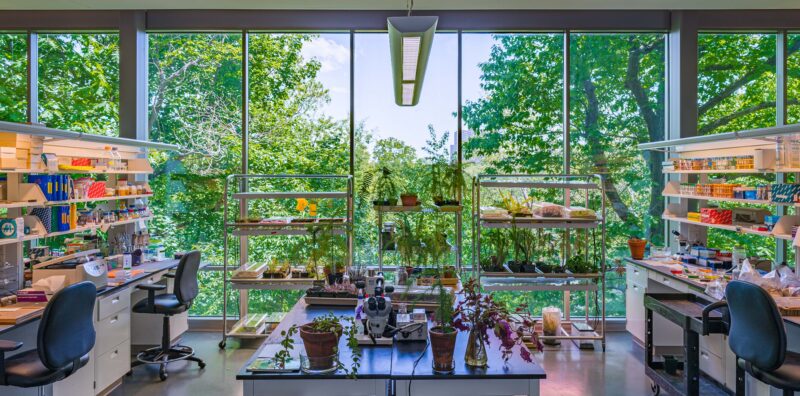
The United Nations’ 28th Conference of the Parties (COP28) about climate change, which ended today in Dubai, United Arab Emirates, was considered crucial to define the future of the world. Called the “COP of Hope,” the conference venues featured three key words: Unite, Act, and Deliver.
COP28 aimed to address the climate crisis by agreeing on ways to limit temperature rise to 1.5 degrees Celsius and achieving net-zero emissions by 2050. The conference delivered a record number of pledges and declarations (11 in total!). But there was something common to all of them: we profoundly rely on science to bring the world back on track to achieve the commitments of the Paris Agreement.
We are entering a new era that we can call “climate action.” COP28, attended by 156 heads of state and government, 22 international leaders, and more than 70,000 delegates, delivered the first-ever declarations on sustainable agriculture and resilient food systems [1], climate and health [2], and renewable energy and efficiency [3], as well as initiatives and pledges to decarbonize heavy emitting industries [4]. Leaders emphasized the need to prioritize protecting nature, lives, and livelihoods and ensuring sustainable development for all. The climate, biodiversity and social crises are all intertwined, and there is urgent need for a paradigm shift, taking a holistic approach to successfully address climate change.
We cannot separate biodiversity and climate. Nature is the best technology to capture and store carbon dioxide. Preserving and restoring natural ecosystems and carbon sinks, in particular forests, mangroves, and oceans, play a critical role in limiting the temperature increase. Forests are our heroes of the climate crisis [5]. Whether we refer to the Amazon or to The New York Botanical Garden’s Thain Family Forest, these ecosystems are some of the best mechanisms we know to capture and store carbon from the atmosphere (hence referred to as carbon sinks). Mangroves store more carbon per unit area than any other forest type on Earth [6]. During COP28, the mangrove conservation initiative (through the science-based Mangrove Breakthrough, endorsed by 21 countries) announced the aim of protecting and restoring 15 million hectares (more than 37 million acres) of mangroves by 2030. As the United Nations declared, 2021–2030 is the Decade of Ecosystem Restoration.
This is also the time for inclusive climate action and solidarity. Society, women, youth, local leaders, faith-based communities, and Indigenous peoples are on the frontline of climate change and therefore have key roles in solving the climate crisis. Local communities are the main stewards to protect and restore nature [7], and the preservation of biodiversity is often linked to the preservation of Indigenous peoples’ traditional knowledge.
Cities, estimated to be responsible for 75 percent of greenhouse gas emissions, also have a crucial role in implementation of solutions through inclusive and innovative approaches to urbanization, transport, and the built environment [8]. The Urban Nature Program [9], committed to advancing nature-positive development in regions and cities, announced it would provide financial and technical assistance to integrate nature in urban areas and increase investment in nature-based solutions in cities across all the continents.
This is also the time for environmental action. We need a nature-positive world, achieved through halting and reversing the loss of nature. This implies the recovery of the health, abundance, diversity, and resilience of species, populations, and ecosystems, all of which requires a science-based approach.
The New York Botanical Garden is a world leader in plant and fungal research and conservation, using traditional and cutting-edge tools to discover, understand, and preserve Earth’s vast biodiversity. We investigate, elevate, and amplify the role of plants and fungi in solving the climate and biodiversity crisis. We hold globally significant biological collections and expertise, and our field, laboratory, and collections-based research empower us to address climate change and its impacts on biodiversity and human well-being. We are fully committed to supporting efforts to deliver a net-zero, nature-positive, climate-resilient future—a future where we have stabilized the greenhouse gas levels in our atmosphere, we have stopped the degradation of biodiversity, and we are on the path of recovering our native ecosystems.
When we protect, enhance, and sustainably use plants and fungi, and their ecosystems, we build resilience, adapt more effectively, and thrive. Join our efforts for a better planet for all!
To learn more about NYBG’s climate-related research, visit our COP28 webpage.
[1] COP28 UAE Declaration on Agriculture, Food, & Climate; endorsed by 147 countries.
[2] COP28 UAE Declaration on Climate and Health; endorsed by 135 countries
[3] Global Renewables and Energy Efficiency Pledge; endorsed by130 countries.
[4] Oil and Gas Decarbonization Charter; endorsed by 52 companies. Also, the Industrial Transition Accelerator; endorsed by 35 companies and six industry associations.
[5] Patterson, C. 2023. Forests: Heroes of the Climate Crisis. Plant Talk series. https://www.nybg.org/planttalk/forests-heroes-of-the-climate-crisis/
[6] Oberle, B. 2023. Super Forests: Protecting Mangroves Protects Everyone. Plant Talk series. https://www.nybg.org/planttalk/super-forests-protecting-mangroves-protects-everyone/
[7] Plunkett, G. & Balick, M.J. 2023. Conserving Indigenous Solutions to Climate Change in Southern Vanuatu. Plant Talk series. https://www.nybg.org/planttalk/conserving-indigenous-solutions-to-climate-change-in-southern-vanuatu/
[8] Sanderson, E. & Royte, L. 2023. A No-Brainer for Climate Action: Nature Your City. Plant Talk series. https://www.nybg.org/planttalk/a-no-brainer-for-climate-action-nature-your-city/
[9] The Urban Nature Program, led by the Global Platform for Sustainable Cities (https://www.thegpsc.org/urban-nature-program)
SUBSCRIBE
Enter your email address to subscribe to this blog and receive updates on new posts.
